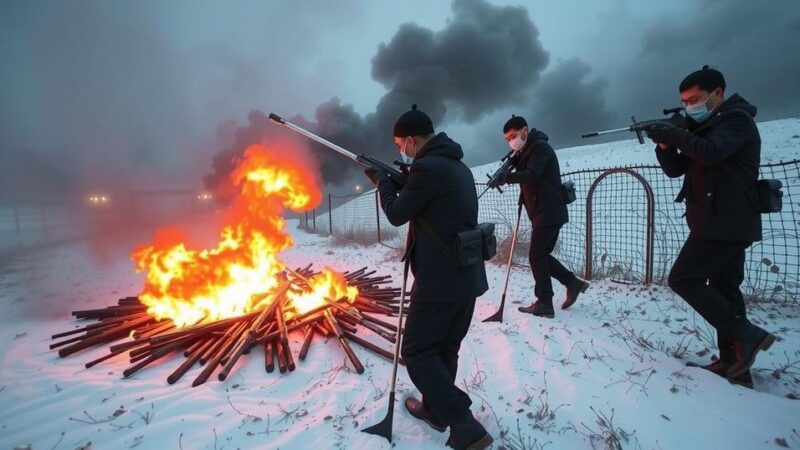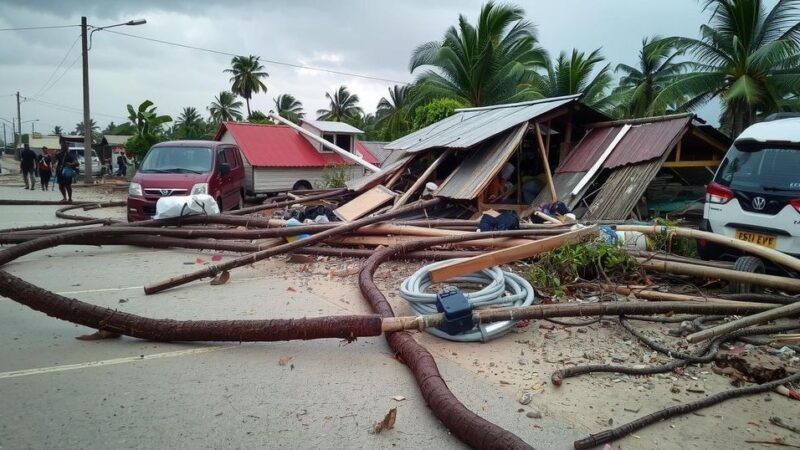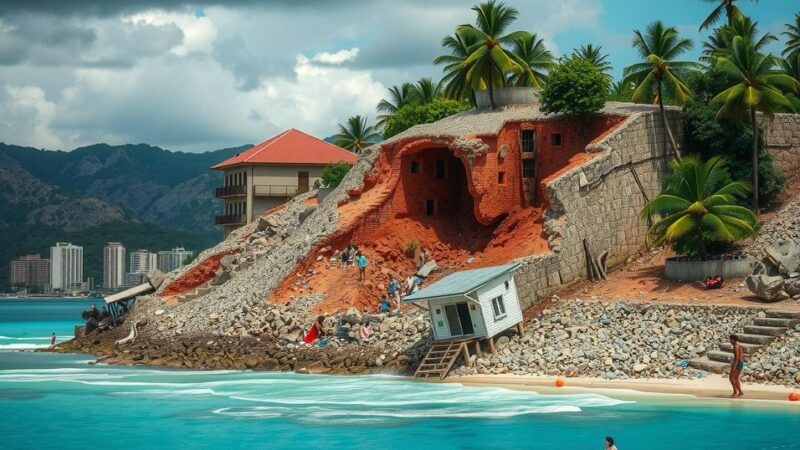During Javier Milei’s inaugural year, Argentina-Brazil relations reflect tensions and pragmatic cooperation amid conflicting political stances. Despite sour interactions, especially noted during the G20 summit and Milei’s remarks about severing ties, crucial trade and energy sectors demonstrated continued collaboration. This dynamic highlights the ongoing challenges and necessities within their economic partnership while navigating broader geopolitical issues.
In President Javier Milei’s first year, the relationship between Argentina and Brazil has been marked by notable tension, highlighted during the G20 summit in Rio de Janeiro. Both leaders displayed discomfort, underscored by Milei’s controversial comments regarding the potential severing of diplomatic ties with Brasília. Despite this friction, a pragmatic approach has emerged as diplomats on both sides have emphasized the importance of maintaining robust trade links.
Brazil serves as Argentina’s principal trading partner, accounting for roughly 17% of Argentina’s exports and 24% of its imports, followed by China, the United States, and Chile. However, bilateral trade has seen a decline since 2014, with President Lula’s administration focused on revitalizing these economic relations amidst stringent fiscal policies enacted by Milei’s government.
The energy sector exemplifies this pragmatic collaboration. Notably, in May, a Petrobras gas tanker redirected its route to dock at Brazil’s Paranã River, effectively alleviating an impending energy crisis in Argentina due to prompt diplomatic intervention. Furthermore, Brazil has assumed the responsibility of managing Argentina’s diplomatic interests in Venezuela after the expulsion of Milei’s team by Nicolás Maduro.
Additionally, Milei’s recent participation in a gathering in Brazil, alongside Jair Bolsonaro, has been a source of concern among Milei’s domestic allies. Argentina harbors numerous fugitives linked to Brazil’s January 8 disturbances, some seeking asylum, with the Argentine government pledging non-interference, leaving the final decision to Milei’s administration.
The relationship between Brazil and Argentina, historically significant due to their geographical proximity and economic ties, has encountered various challenges, particularly in political leadership transitions. The election of Javier Milei in Argentina and Lula’s third term as President of Brazil marked a shift in dynamics, potentially altering longstanding diplomatic norms. The fluctuating economic landscape, exacerbated by global conditions, has necessitated a careful balance of pragmatism and diplomatic rhetoric in their interactions. The continuity of trade and energy cooperation remains critical amidst political disagreements, reflecting the complex interplay of national interests. Trade remain crucial for both nations, and increased bilateral cooperation could offer a means to navigate political friction and economic challenges. Amidst this evolving context, both countries must navigate their respective domestic pressures and international relations, shaping how they approach the regional cooperation required for mutual growth.
The first year of President Javier Milei’s administration has revealed a paradox in Argentina-Brazil relations, where underlying tensions coexist with pragmatic efforts to sustain crucial trade and energy ties. While Milei and Lula’s meeting indicated friction, the continued collaboration in essential sectors underscores the necessity of maintaining bilateral relations for economic stability. However, the complexities introduced by geopolitical events and domestic concerns will require continued diplomacy and strategic coordination between the two nations moving forward.
Original Source: www1.folha.uol.com.br







